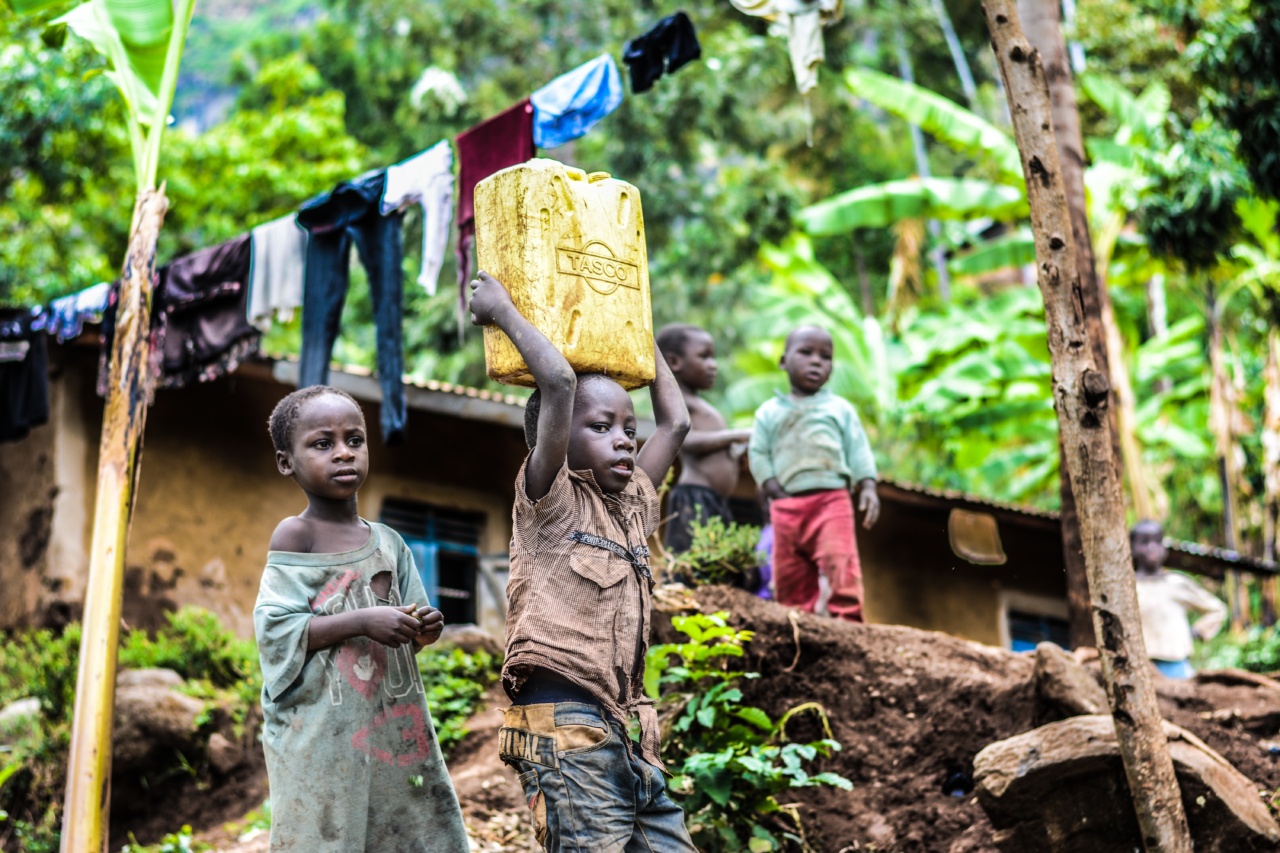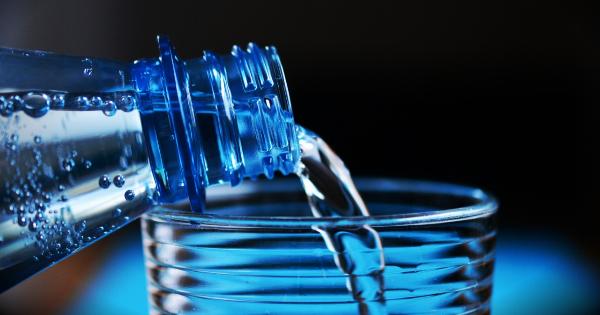As a parent, it is natural to be concerned about your baby’s hydration needs, especially during the hot summer months.
While it is important to ensure that your little one stays hydrated, the question of how much water to give your baby can be a bit confusing. In this article, we will discuss the guidelines and recommendations for water intake in infants, helping you make informed decisions about your baby’s hydration needs.
Why is Water Intake Important for Babies?
Water is essential for the proper functioning of every cell in the human body, and babies are no exception. Adequate water intake ensures the proper functioning of their organs and supports various physiological processes.
Additionally, staying well-hydrated helps with digestion, circulation, temperature regulation, and overall well-being in babies.
The Role of Breast milk or Formula
The primary source of hydration for babies under the age of six months is breast milk or formula. Both breast milk and formula contain a sufficient amount of water to meet your baby’s hydration needs.
Breastfed babies need no additional water, as breast milk is composed of approximately 88% water. On the other hand, formula-fed babies may require small amounts of water if the weather is excessively hot or if recommended by a healthcare professional.
When Can I Start Giving Water to my Baby?
Your baby’s water requirements change as they grow. Until the age of six months, babies rely entirely on breast milk or formula for their hydration needs.
Exclusive breastfeeding or formula feeding provides the perfect balance of nutrients and fluids required for optimal growth and development. Introducing water before six months of age may interfere with their milk intake, leading to inadequate nutrition.
Water Intake for Babies Over Six Months
Once your baby reaches the age of six months, the introduction of solid foods begins. With this transition, their water intake needs may also change.
According to the American Academy of Pediatrics (AAP), water can be introduced in small quantities alongside solids when your baby starts eating solid foods. A few sips of water during mealtimes can help your baby in swallowing and digesting food efficiently.
How Much Water is Enough?
The water requirements of babies over six months of age depend on various factors like their weight, activity level, and climate. As a general guideline, the AAP suggests offering 2-4 ounces of water per day to babies aged 6-12 months.
However, it is important to remember that breast milk or formula still remains the primary source of hydration during this period.
Signs of Dehydration in Babies
Understanding the signs of dehydration in babies is crucial for timely intervention and ensuring their well-being. Some common signs of dehydration in infants include:.
- Dry lips and mouth
- Parched or sunken-looking eyes
- Decreased urine output (less than six wet diapers per day)
- Dark-colored urine
- Excessive fussiness or irritability
- Lethargy or decreased activity level
If you notice any of these symptoms, it is essential to consult a healthcare professional immediately.
Precautions to Consider
While a few sips of water with meals can be beneficial for your baby, there are important precautions to keep in mind:.
- Avoid giving water in a bottle while your baby is lying down to prevent choking or ear infections.
- Use a clean, sterilized cup or sippy cup for offering water to your baby.
- Avoid sweetening the water with honey, sugar, or other additives, as these can be harmful to your baby’s developing system.
- Always ensure that the water you offer to your baby is safe, clean, and free from contaminants.
- Do not force your baby to drink water if they are not interested. Follow their cues and offer water gradually.
Conclusion
Proper hydration is crucial for your baby’s overall health and well-being.
While breast milk or formula remains the primary source of hydration for babies under six months of age, a small amount of water can be introduced alongside solids from six months onwards. To ensure your baby’s hydration needs are met, offer small sips of water during mealtimes and pay attention to their cues of thirst. Always consult with your healthcare provider for personalized advice based on your baby’s unique needs.


























